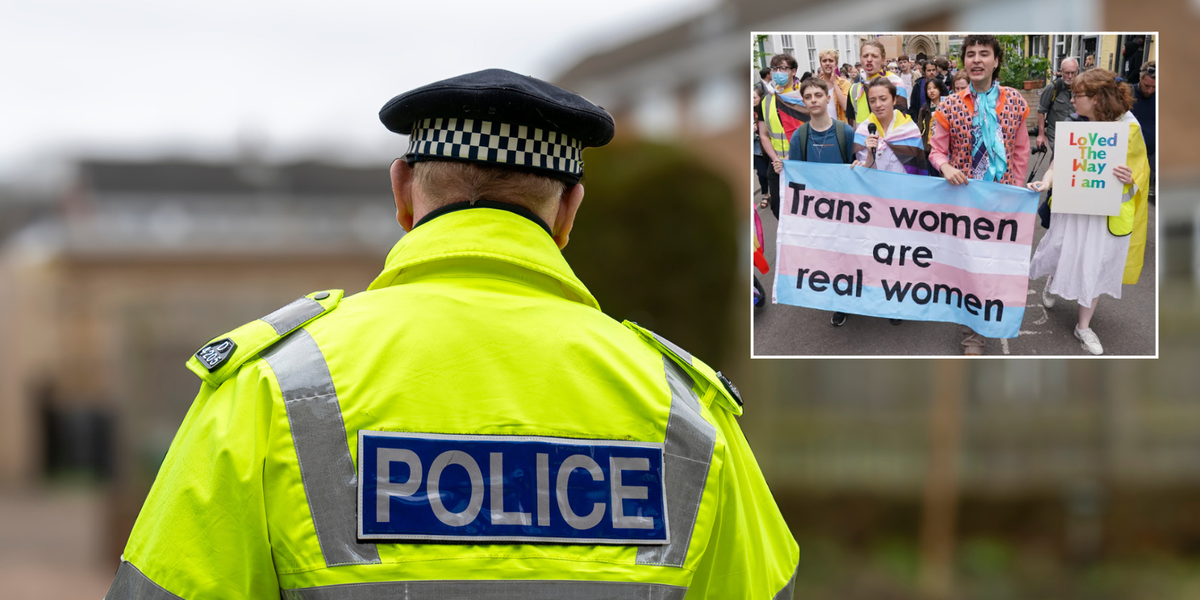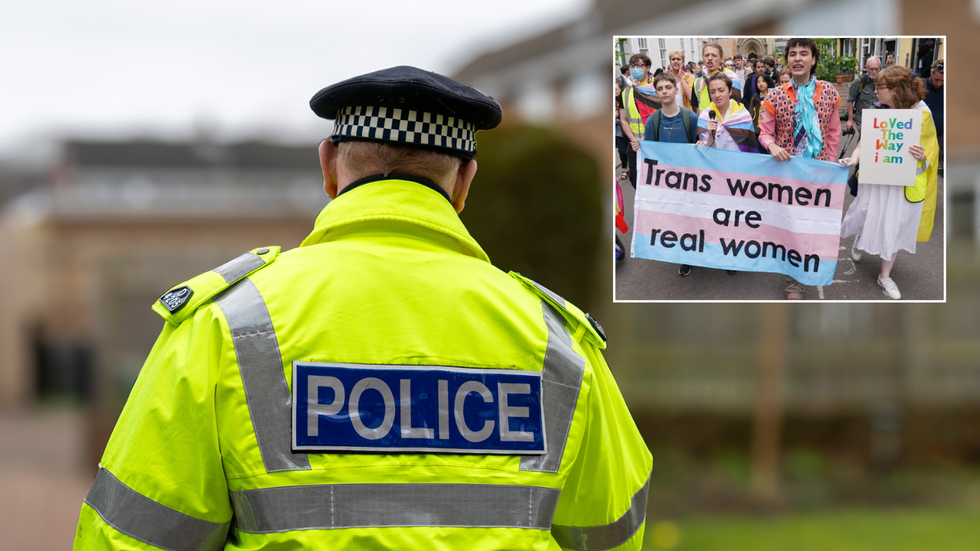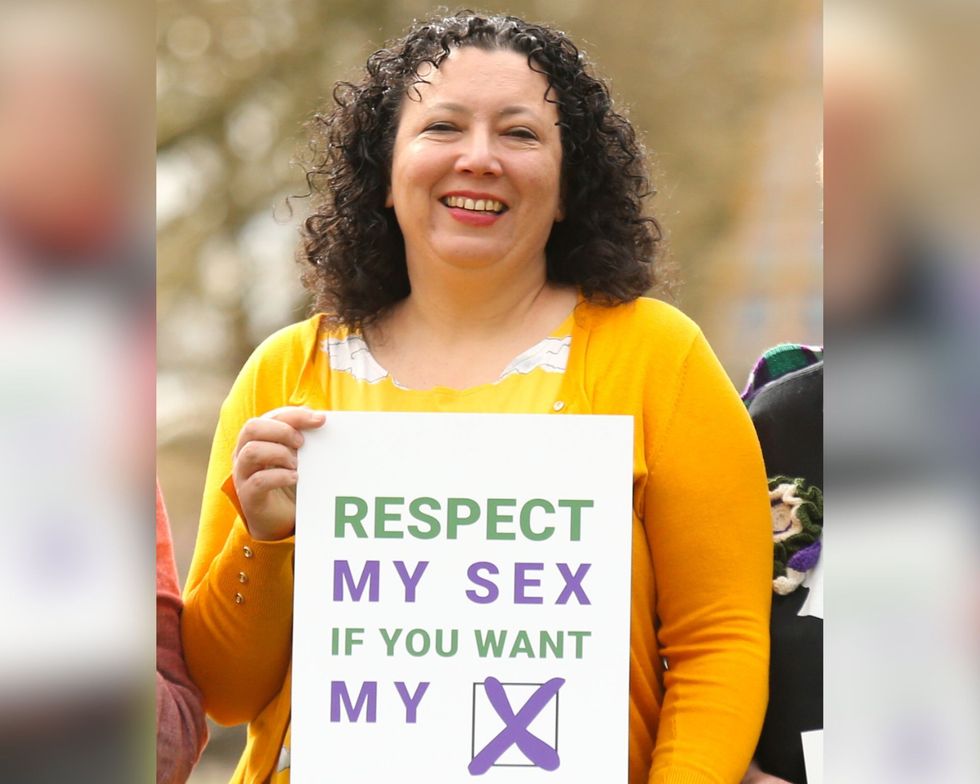



Trans police officers will be allowed to strip-search women despite previous outrage.
Proposed guidance for the National Police Chief’s Council (NPCC) says that biologically male staff who identify as women should be allowed to intimately search women as long as they possess a gender recognition certificate (GRC).
The council withdrew similar instructions last year, and launched a “thorough” review of the guidance, after the previous government said it could impact women’s safety.
Women’s rights groups claimed that senior police officers had “forgotten about women, in their pursuit of ideology”, saying the guidance represented a “serious breach of the fundamental rights of female detainees”.

Trans police officers will be allowed to strip-search women
GETTY/PA
However, it has been revealed that the council’s DEI committee has decided that biological males with a GRC should be able to strip search detainees.
The Telegraph, having seen the documents, stated: “The recommendation from the NPCC lead for LGBTQ+ is that a trans officer searches a person consistent with the officer’s sex as established by a gender recognition certificate [GRC].
“It is important that employers treat people in accordance with their lived gender identity, whether or not they have a gender recognition certificate."
It suggested that transgender officers without a GRC could be exempt from searching and that if a detainee objects to being searched by a trans officer they could be substituted by another officer.
However, it also noted: “Consideration should also be given to the manner in which the detainee objects to the search and any prejudicial language should be dealt with positively.”
The previous guidance, which has now been withdrawn, read: “If the refusal is based on discriminatory views, consideration should be given for the incident to be recorded as a non-crime hate incident unless the circumstances amount to a recordable crime.”
The guidance, though taking into consideration the wellbeing of trans officers and detainees, does not consider the impact of female detainees being searched by biological males.
In 2024, 68,874 strip searches were conducted in police stations and 5,098 in other locations.
The guidance will be reviewed by the full NPCC next month before becoming an official policy.
Cathy Larkman, the national policing lead for the Women’s Rights Network and a retired police superintendent claimed police officers had been “entirely captured by gender ideology and have taken leave of their senses”.
She hit out at forces, calling their words hollow when speaking about tackling violence against women and girls if they then allow biological males to strip search women.
“We have seen time and again the impact when it goes wrong, yet the police want to magnify this a hundred-fold by allowing opposite sex strip-searching,” she added.

Forstater branded the new guidance as a “serious breach of the fundamental rights of female detainees”
PA“The police have forgotten about women, in their pursuit of ideology. They have become fanatics. It’s unforgivable”.
Chief executive of Sex Matters, Maya Forstater said: “The natural reaction to this new guidance on trans officers searching is: what can the NPCC possibly be thinking?”
She branded the new guidance as a “serious breach of the fundamental rights of female detainees.”
An NPCC spokesman said: “We have been conducting a review of the national guidance on custody searches carried out by transgender officers and employees.
“This review has been informed by colleagues across policing and partner organisations, community groups and associations and with extensive legal advice.”
The spokesman added that chief constables will be reviewing the changes in the coming weeks.
